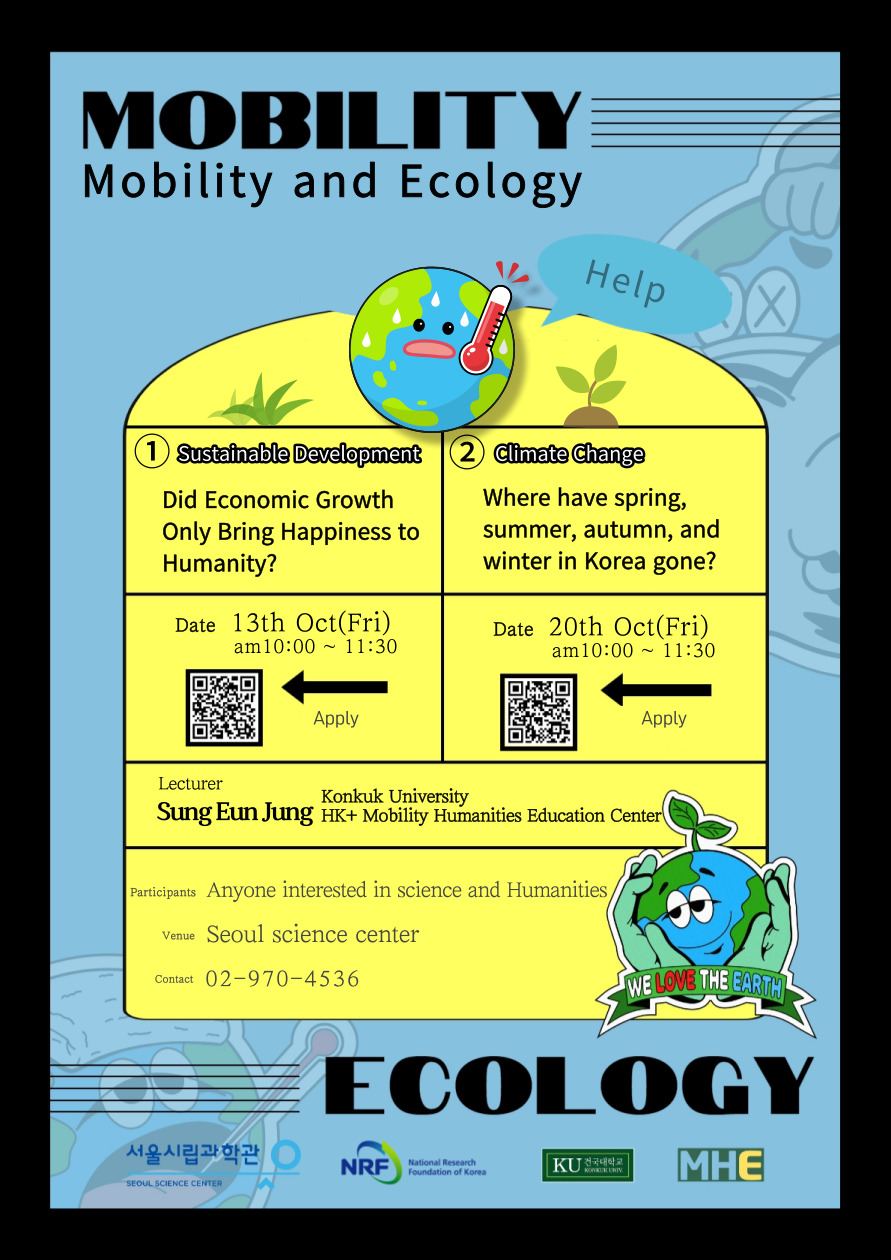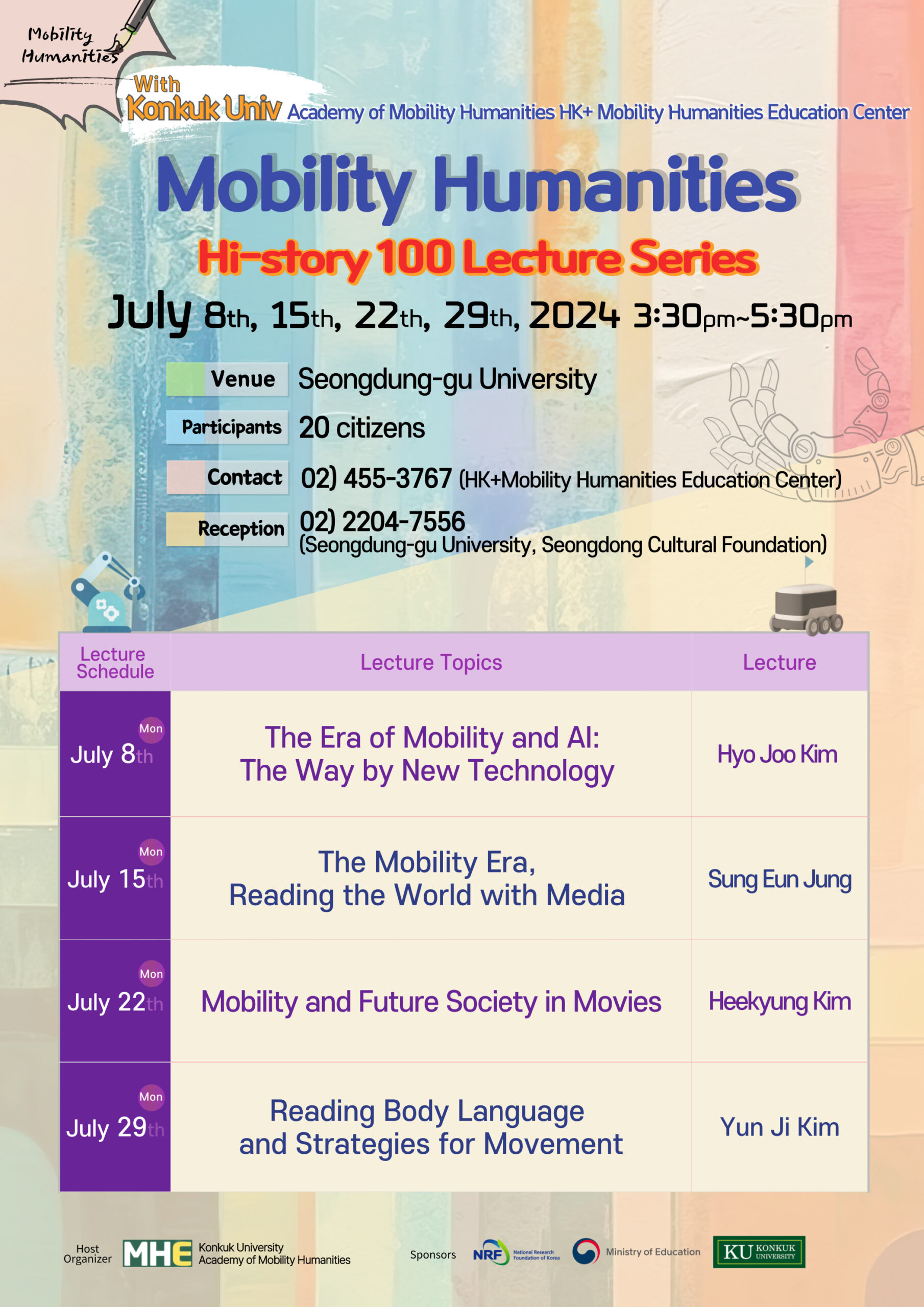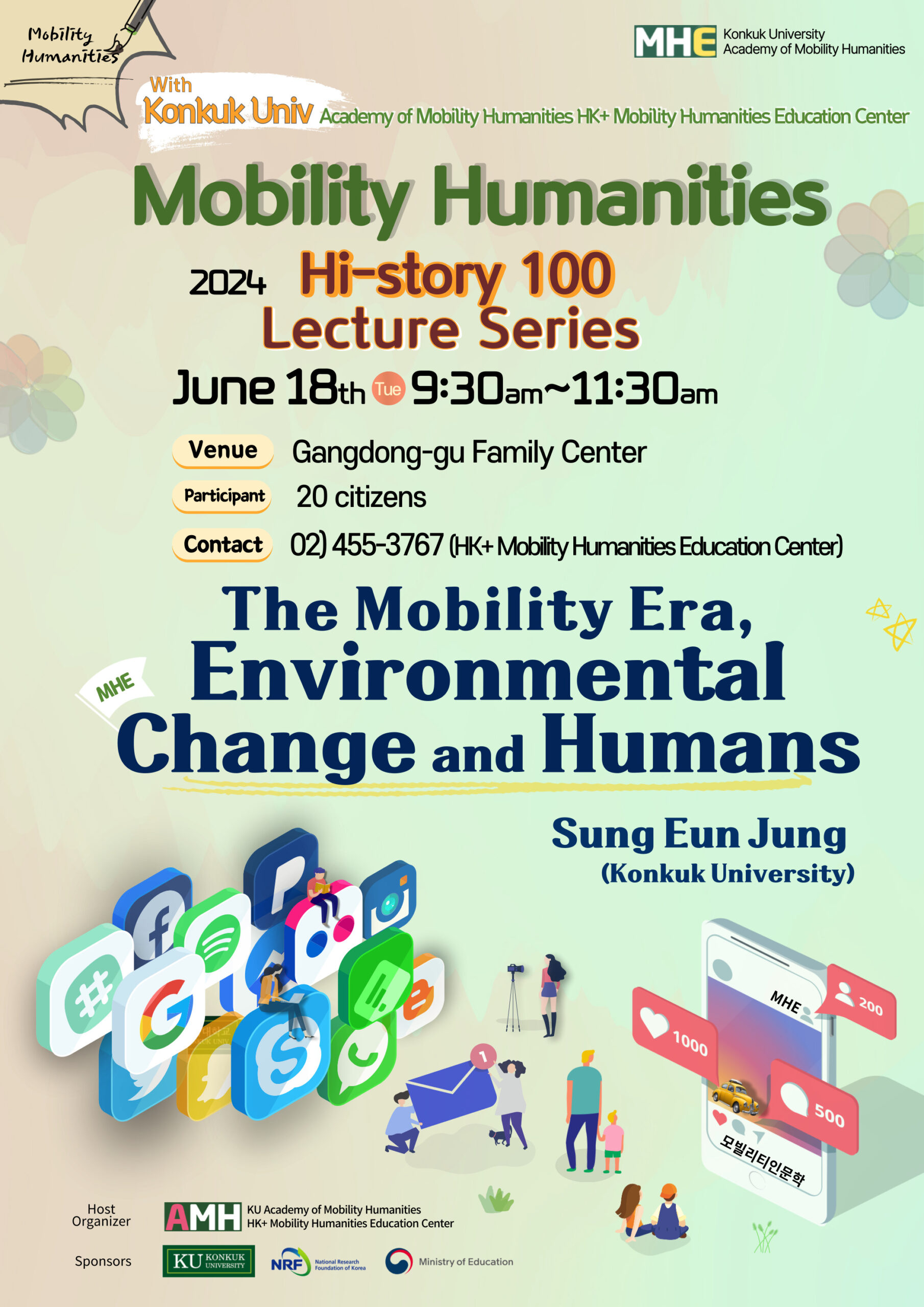
Climate Change: Where Have Spring, Summer, Autumn, and Winter in Korea Gone?
Content
- Ice Breaking
- Understanding Mobility
- Difference Between Weather and Climate
- Greenhouse Gases, Greenhouse Effect, and Global Warming Issues
- Confronting the “Temperature Limits for Human Survival”
- Global Boiling and the Uninhabitable Earth Issues
- 2016 “Paris Climate Agreement”
- Climate Villain: South Korea
- Climate Change Damages in the Ten Least Developed Countries and Issues for Future Generations
- Clues for Problem-Solving Lie in Politics

Politics shapes our life rules, thereby influencing our quality of life. In the age of mobility, it is crucial to understand elections and political information through various media and to foster healthy political discourse. To critically read the news, one must actively question its factual accuracy, verify the primary sources, and independently compare and analyse mainstream media news.
Futurist Alvin Toffler predicted the emergence of the information revolution as the third wave, following the agricultural (the first wave) and industrial revolutions (the second wave) in his book The Third Wave. Since the 2000s, the third wave has rapidly spread to modern society. With the evolution of information and communication technology, humanity has now stepped into the 4.0 industry era and experienced overall changes across politics, economics, and culture based on mobility technology. This lecture focuses on the various changes brought by the mobility society, with a particular focus on emerging political phenomena. The debate between optimism and pessimism regarding “whether technological progress will strengthen or weaken democracy?” reflects the rapid pace of information and communication technology advancements and how these advancements lead to the emergence of the new political phenomena. To make it easier to understand the transformation in governments and political parties by the development of mobility technology, this lecture introduces domestic and international examples, such as the emergence of e-government and the enhancement of citizen services through the utilization of social networks.






